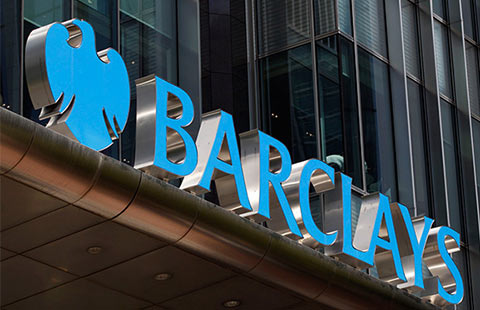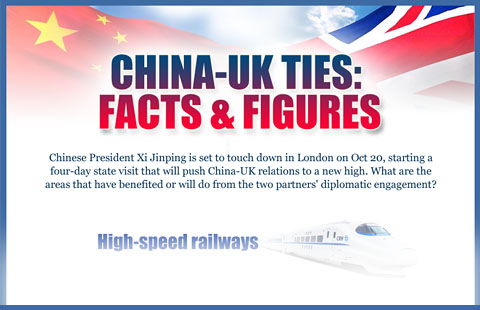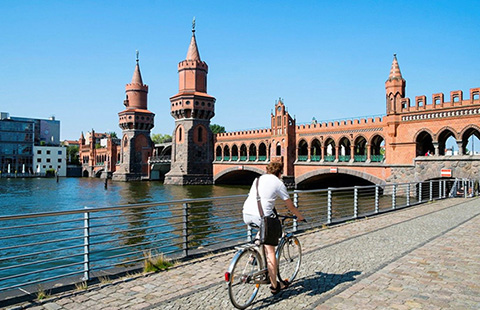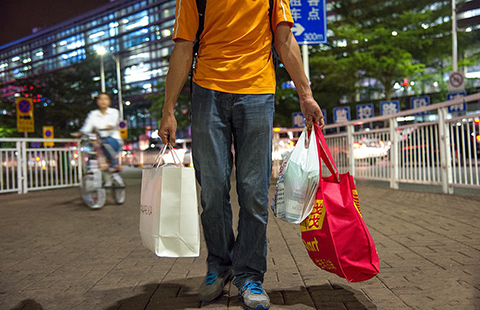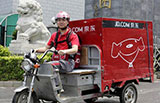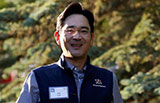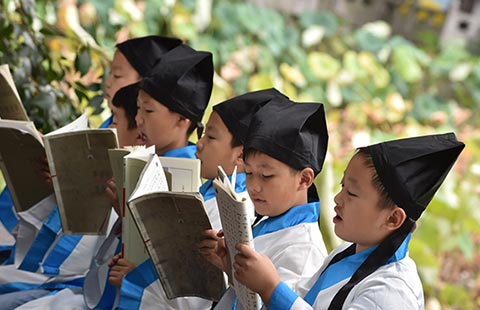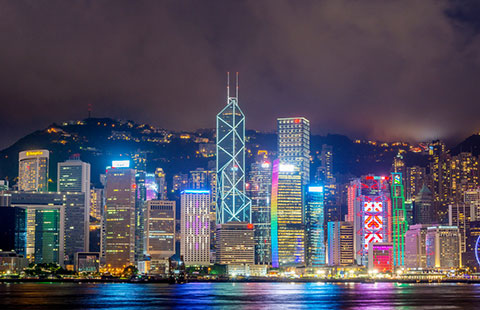Wen calls for more aggressive fine-tuning
By Xinhua in Nanjing (China Daily) Updated: 2012-07-09 09:35
Premier Wen Jiabao has called for more aggressive efforts to preset and fine-tune economic policies, as the world's second-largest economy still faces huge downward pressure.
Speaking during an inspection tour of East China's Jiangsu province from Friday to Sunday, Wen said the economy is running at a generally stable pace, but there are still challenges.
The government should "preset and fine-tune its policies in a more aggressive manner", while sticking to pro-active and prudent monetary policies, he said.
Wen said attention should be paid to improving structural tax reduction measures and resolving structural problems between credit supply and demand and to make government policies more targeted, forward-looking and effective.
At a meeting held in Nanjing, provincial capital of Jiangsu, on Sunday, Wen said the government made a timely shift to pro-growth measures in April, and those policies are now working, with the economy moving toward stabilized growth, albeit at a slower pace.
Domestic demand continues to act as a major driver of the nation's growth, which is still within the targeted range, he told the gathering of top officials from Liaoning, Jiangsu, Zhejiang, Anhui and Guangdong provinces.
While stressing the role of domestic demand in future growth, Wen said the government should earnestly implement consumption-boosting measures adopted recently to help drive growth.
Stabilizing investment currently plays a key role in expanding domestic demand and maintaining growth, the premier said, adding that investment should be made in accordance with the national medium and long-term development program and serve the needs of urbanization, economic restructuring and people's well-being.
Dragged down by lackluster external demand and government efforts to cool inflation, China's GDP growth slowed to an almost three-year low of 8.1 percent in the first quarter.
To buoy the economy China has adopted a string of pro-growth measures, including lowering banks' reserve ratio to boost lending, subsidizing energy-saving household electrical appliances and speeding up approval for major construction projects.
In its latest move, the central bank cut the benchmark interest rate two times in a month, in a bid to inject liquidity into the market.
During two meetings with more than 30 entrepreneurs and association heads on Saturday, Wen called for enterprises to step up innovation to cope with shrinking exports and rising production costs.
Miu Han'gen, head of Chinese textile manufacturer Jiangsu Shenghong Group, said the biggest challenge for textile companies currently is falling overseas demand, and suggested a tax reduction to relieve pressure.
Wen said structural tax reduction should be directed to boost innovation, and the government will implement active fiscal policies to support enterprises.
He said government efforts to maintain growth are not short-term responses, and the work will be combined with the nation's restructuring and reform, to foster technology improvement and eliminate antiquated production.
Wen also urged enterprises to explore markets in regions such as the Southeast Asia, Central Asia and South Asia, to diversify trade partners.
- Xiaomi launch event introduces new smart TVs
- Widening social gap is cause for concern
- China's top farming produce sees export decline
- LeTV buys 70% share of ride-sharing app Yidao Yongche
- Xi's visit to unlock $46 billion in commercial deals
- China drives global VC funding to record high
- China's financial sector grows stronger
- A double life by day and night

